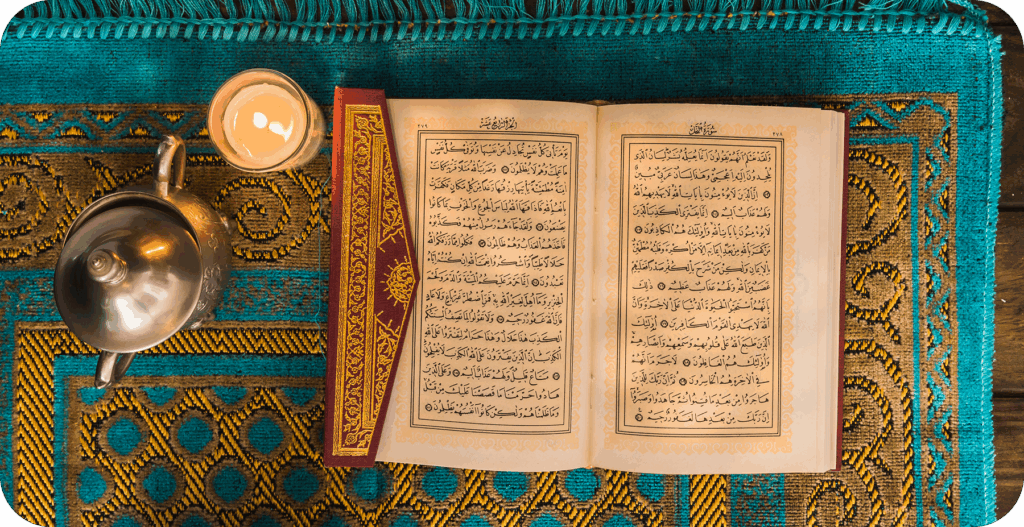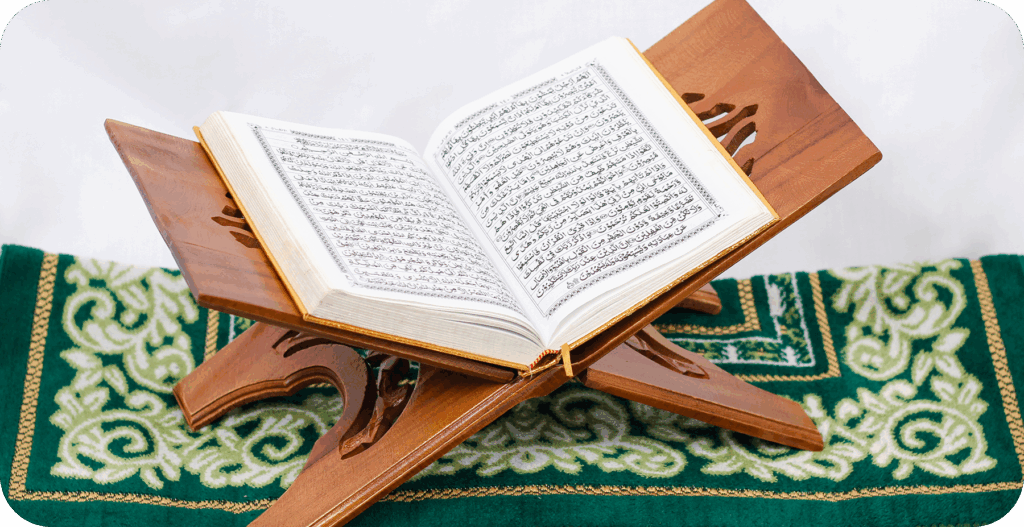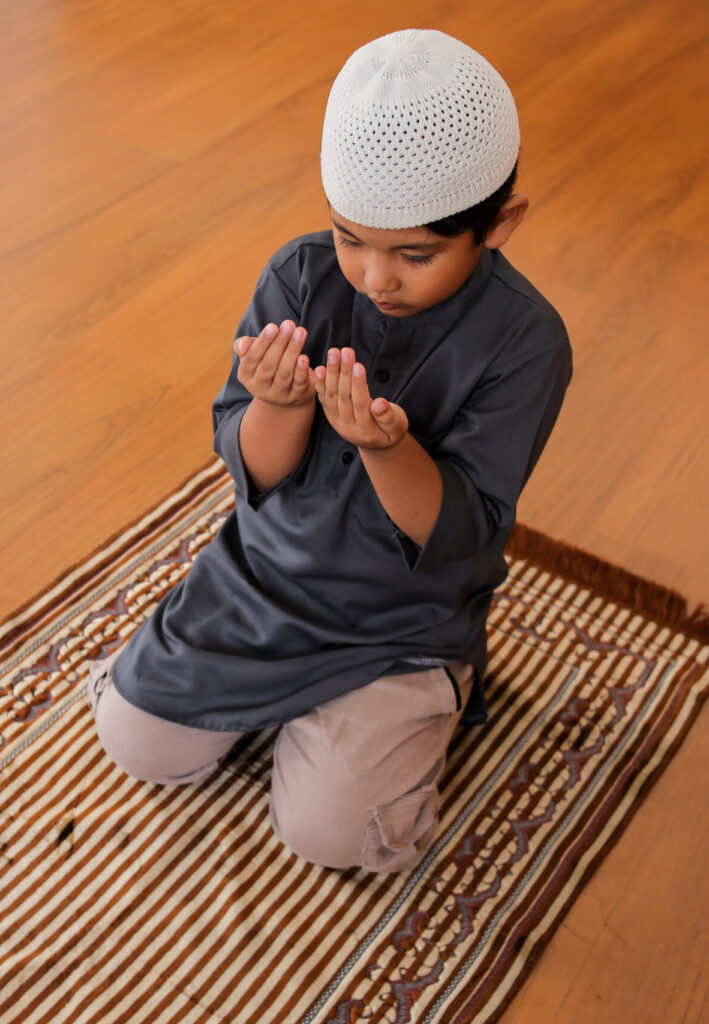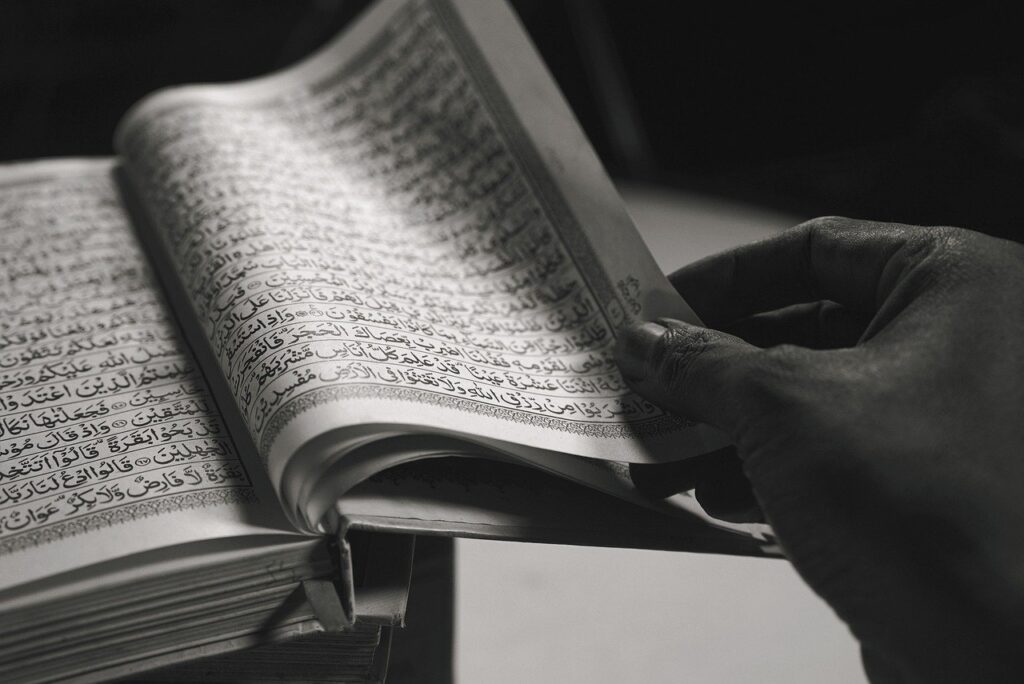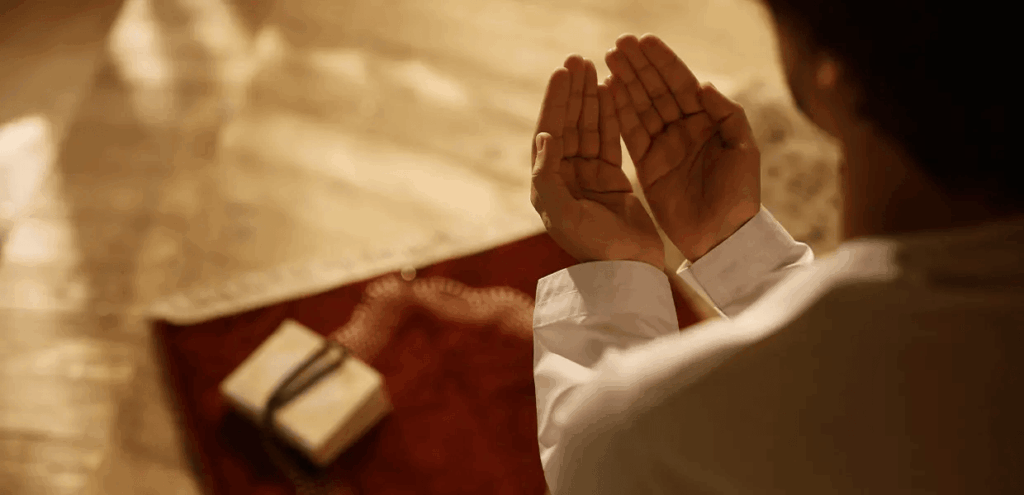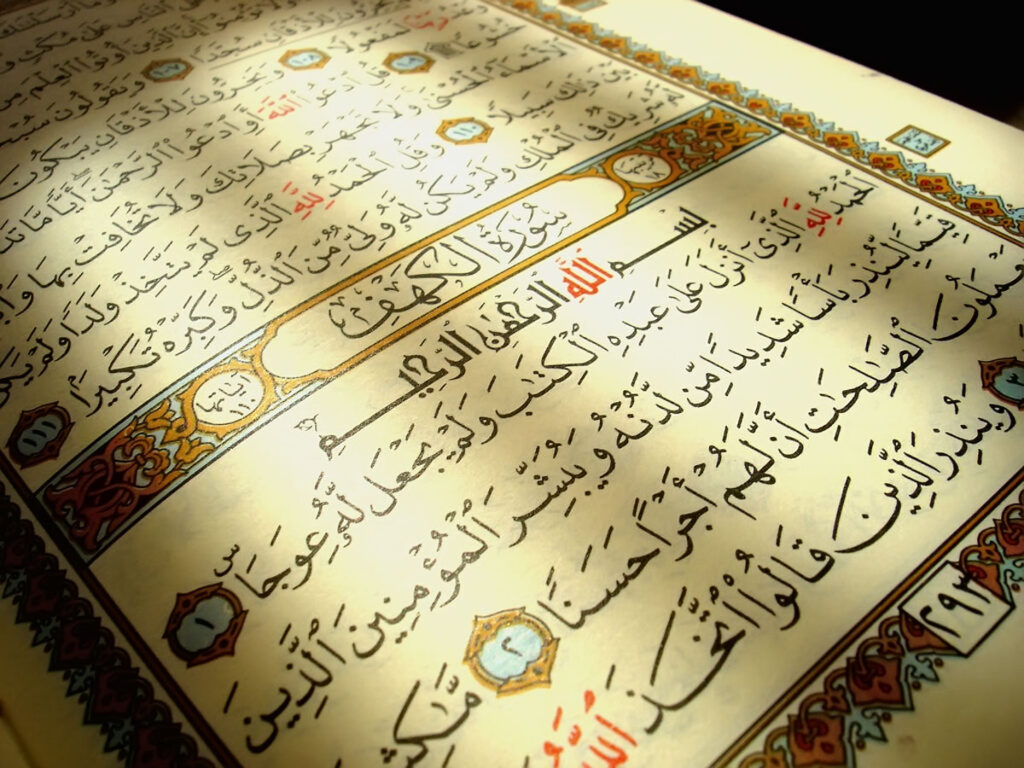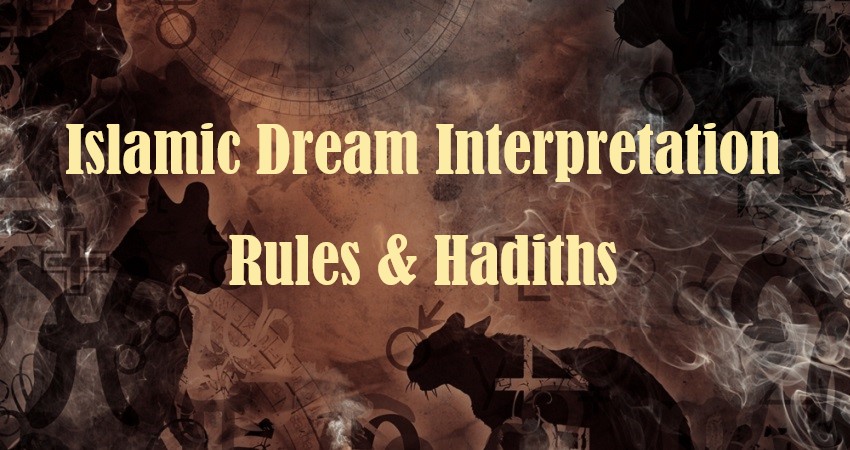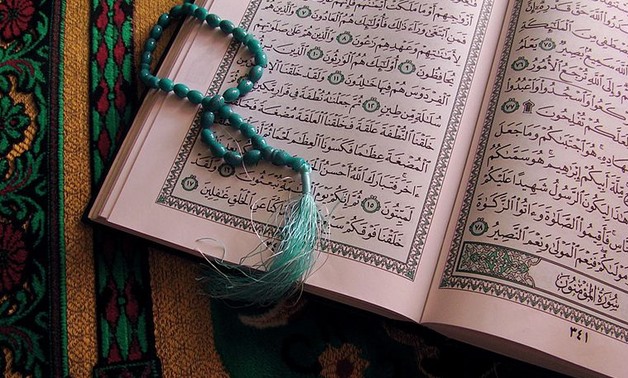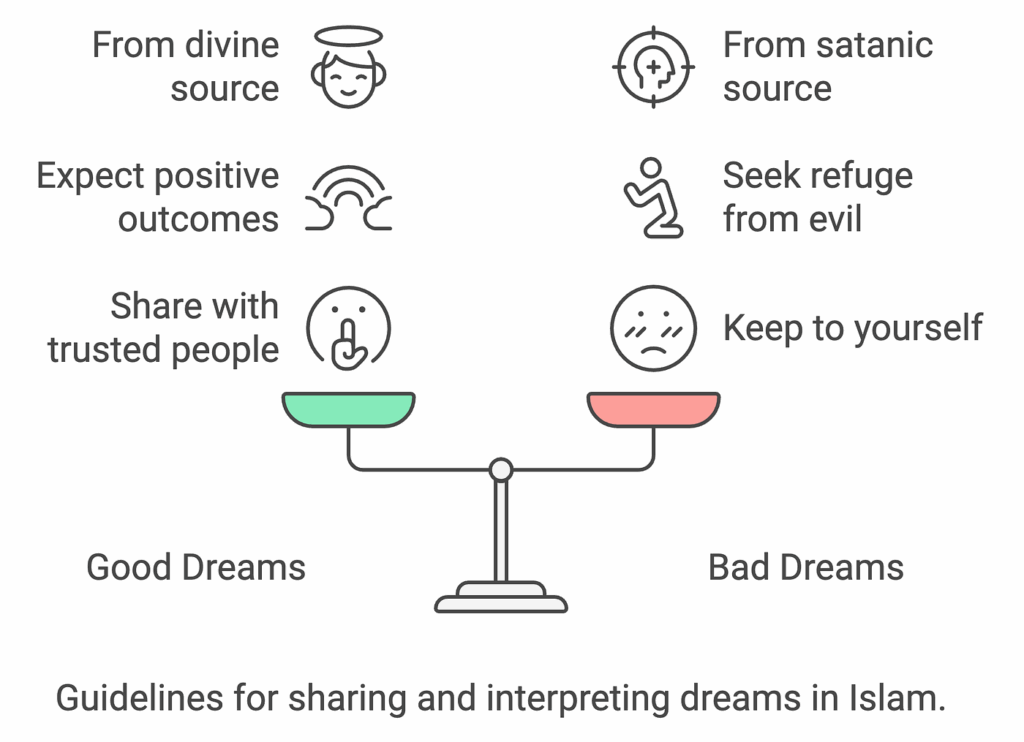In today’s fast-paced and emotionally demanding world, many Muslims experience inner emptiness, anxiety, and a loss of spiritual direction. Despite achieving material success, countless people still feel distant from Allah and struggle to find peace within. This is where the essence of Dhikr in Islam, along with Roohaniyat (spirituality) and Tasawwuf (Islamic mysticism or Sufism), becomes deeply significant. Ultimately, these spiritual dimensions guide the believer back to the remembrance of Allah, nurturing emotional balance and lasting serenity.
Understanding Dhikr in Islam and Its Connection to Roohaniyat
In Islam, Roohaniyat refers to the purification and elevation of the soul (tazkiyah), while Tasawwuf represents the practical path toward attaining closeness to Allah. Both of these are rooted in the Qur’an and Sunnah, not in superstition or blind imitation.
Dhikr in Islam stands at the heart of Roohaniyat; it is the remembrance that connects the heart to the Divine. When believers engage in sincere remembrance, their souls find clarity, peace, and strength to overcome emotional and spiritual turbulence.
The Qur’an beautifully reminds us:

“Those who have believed and whose hearts are assured by the remembrance of Allah. Unquestionably, by the remembrance of Allah hearts are assured.”
(Surah Ar-Ra’d, 13:28)
Thus, Dhikr in Islam is not simply a ritual but a lifeline for the heart, a reminder that ultimate peace comes only through constant connection with the Creator.
What Is Tasawwuf and Its Relationship with Dhikr
Tasawwuf, or Islamic mysticism, focuses on the inner journey of transforming the self from the nafs al-ammārah (ego that commands evil) to the nafs al-mutma’innah (soul at peace).
The Prophet ﷺ said:
“Verily, in the body there is a piece of flesh; if it is sound, the whole body is sound, and if it is corrupt, the whole body is corrupt. Truly, it is the heart.”
(Sahih al-Bukhari, 52; Sahih Muslim, 1599)
In essence, Dhikr in Islam purifies the heart. Through remembrance, the believer polishes the soul from arrogance, jealousy, greed, and hatred, replacing them with sincerity, patience, and humility. Indeed, the path of Tasawwuf cannot exist without Dhikr, for it is through remembrance that the heart becomes illuminated and the believer attains nearness to Allah.
Tazkiyah: Purifying the Soul Through Dhikr
Tazkiyah, meaning purification and growth, is the foundation of all spiritual development. Just as a gardener removes weeds so plants can flourish, a believer removes sins and inner darkness through repentance, du‘a, and Dhikr in Islam.
Allah says:
“He who purifies it will prosper, and he who suppresses it will be ruined.”
(Surah Ash-Shams, 91:9–10)
Through tazkiyah, the heart becomes receptive to divine guidance, allowing the believer to rise above worldly distractions. Moreover, regular dhikr, combined with humility and repentance, purifies the soul and helps maintain spiritual balance.
How Dhikr in Islam Heals the Mind and Heart
Modern psychology often emphasizes mindfulness and gratitude as keys to emotional well-being. Interestingly, Islam has taught these principles for over 1,400 years through Dhikr (remembrance) and Shukr (thankfulness).
When practiced sincerely, Dhikr in Islam provides healing for both the mind and the soul. It reduces anxiety, replaces fear with faith, and transforms sadness into tranquility. The Prophet ﷺ would often retreat for khalwah (spiritual solitude) and engage in long prayers during tahajjud to strengthen his connection with Allah.
Moreover, Tasawwuf teaches essential spiritual attitudes such as qana‘ah (contentment) and tawakkul (trust in Allah). These virtues help believers find calm even amid chaos, ensuring emotional resilience through consistent remembrance of Allah.
Authentic Spiritual Practices Rooted in Dhikr in Islam
True Roohaniyat and Tasawwuf are always grounded in revelation. Scholars have identified several authentic practices that cultivate inner peace through the remembrance of Allah:
1. Dhikr (Remembrance of Allah)
Dhikr in Islam is the core of spiritual life. It keeps the tongue and heart alive with divine remembrance, strengthening faith and bringing tranquility.
The Prophet ﷺ said:
“Keep your tongue moist with the remembrance of Allah.”
(Jamiʿ at-Tirmidhi, Hadith no. 3375)
Common forms of dhikr include reciting SubhanAllah, Alhamdulillah, Allahu Akbar, and La ilaha illa Allah. These phrases, when recited with reflection, bring immense blessings and elevate spiritual consciousness.
2. Muraqabah (Spiritual Reflection)
Muraqabah is the awareness that Allah is constantly watching. This mindfulness refines one’s intentions, purifies the heart, and inspires sincerity in every act.
3. Suhbah (Company of the Righteous)
The people one associates with shape their heart and character. Being in the company of righteous scholars and spiritually guided individuals nurtures genuine Dhikr in Islam, keeping one steadfast on the path of truth.
4. Mujahadah (Striving Against the Nafs)
Islamic spirituality involves continuous self-struggle, resisting anger, envy, and arrogance. This striving refines the believer’s heart and strengthens their connection with Allah.
5. Istighfar (Seeking Forgiveness)
Frequent repentance purifies the soul and brings the believer closer to Allah. The Prophet ﷺ, despite being sinless, sought forgiveness more than seventy times daily.
True Dhikr in Islam vs. False Spirituality

Sadly, some exploit spirituality by offering “instant healing” through unverified taweez, numerology, or fabricated rituals. True Dhikr in Islam stands in direct contrast to such practices.
Authentic Roohaniyat never contradicts the Qur’an or Sunnah and never seeks worldly gain. It requires patience, self-discipline, and knowledge.
False spirituality often involves:
- Blind obedience to self-proclaimed “gurus”
- Superstitious innovations (bid‘ah)
- Emotional manipulation or false promises of miracles
By contrast, Dhikr in Islam promotes humility, knowledge, and remembrance that elevates the believer’s connection with Allah alone.
Scholars Who Revived Dhikr and Tasawwuf
Throughout Islamic history, great scholars have revived and explained the true essence of spiritual purification through remembrance:
- Imam Al-Ghazali (rh): Unified Shariah and Tasawwuf, emphasizing that knowledge transforms only when it purifies the heart.
- Jalaluddin Rumi (rh): Expressed divine love and unity with Allah through poetry rooted in Qur’anic wisdom.
- Shaykh Abdul Qadir Jilani (rh): Highlighted sincerity, service, and unwavering trust in Allah.
- Hasan al-Basri (rh): One of the earliest ascetics who warned against worldly attachment and encouraged pure remembrance.
Their teachings confirm that Tasawwuf and Dhikr in Islam aim not at isolation but at living with a heart connected to Allah while engaging positively with the world.
Maintaining Balance in Dhikr and Spirituality
Islam always calls for balance, neither neglecting the soul nor falling into excess. Some ignore dhikr entirely, while others pursue spirituality without proper knowledge. The Prophet ﷺ taught moderation in worship, reflection, and service to humanity.
As the Qur’an states:
“And thus we have made you a just community that you will be witnesses over the people and the Messenger will be a witness over you…”
(Surah Al-Baqarah, 2:143)
True Dhikr in Islam encourages steady remembrance, righteous deeds, and gratitude not extreme asceticism or careless indulgence.
Benefits of Practicing Dhikr in Islam
When practiced regularly, dhikr transforms every part of life:
- Inner Peace: Constant remembrance calms the heart and mind.
- Stronger Faith: Connection with Allah deepens through repetition and reflection.
- Moral Strength: Dhikr nurtures honesty, patience, and humility.
- Emotional Stability: Trust in Allah replaces anxiety and fear.
- Social Harmony: Remembrance fosters compassion and forgiveness among people.
These benefits ripple outward, strengthening families, communities, and society as a whole.
Modern Relevance of Dhikr in Islam
In an age dominated by distractions and screens, Dhikr in Islam revives spiritual focus. It helps Muslims reclaim stillness, gratitude, and emotional balance.
Interestingly, scientific studies on mindfulness now confirm what Islam has always taught: that reflection, gratitude, and prayer reduce stress and anxiety. Dhikr, performed with presence and sincerity, restores mental and emotional equilibrium.
Furthermore, Dhikr in Islam enhances self-awareness, helping believers live with purpose, patience, and faith amid the noise of modern life.
Warnings About Misguided Practices
Unfortunately, not everyone claiming spiritual power follows authentic Islamic teachings. Many misuse Tasawwuf for fame or material gain, promoting taweez, numerology, or “energy” rituals that contradict Shariah.
Muslims are advised to verify the authenticity of any spiritual practice. The Prophet ﷺ warned that every innovation leads astray. Therefore, Dhikr in Islam must always align with the Qur’an and Sunnah.
Connecting with Authentic Dhikr and Islamic Healing
Those who seek spiritual healing should begin with the simplest yet most powerful act, Dhikr in Islam. Indeed, through remembrance, prayer, and repentance, Allah opens doors to healing and guidance.
For verified wazaif, duas, and Qur’anic supplications, you may visit:
Rohani Wazaif – Roohani Ilaj Center
You can also deepen your understanding by studying through trusted scholars and authentic institutions such as Al-Maghrib Institute and Bayyinah, where spirituality remains grounded in Qur’an and Sunnah.
Conclusion

In essence, Dhikr in Islam represents the core of spiritual healing, the remembrance that purifies the soul, strengthens faith, and connects believers with their Creator.
True Roohaniyat lies not in rituals or charms, but in a sincere heart that constantly remembers Allah through prayer, gratitude, and repentance.
May Allah grant us hearts full of remembrance, souls full of peace, and lives illuminated by true dhikr. Ameen.


